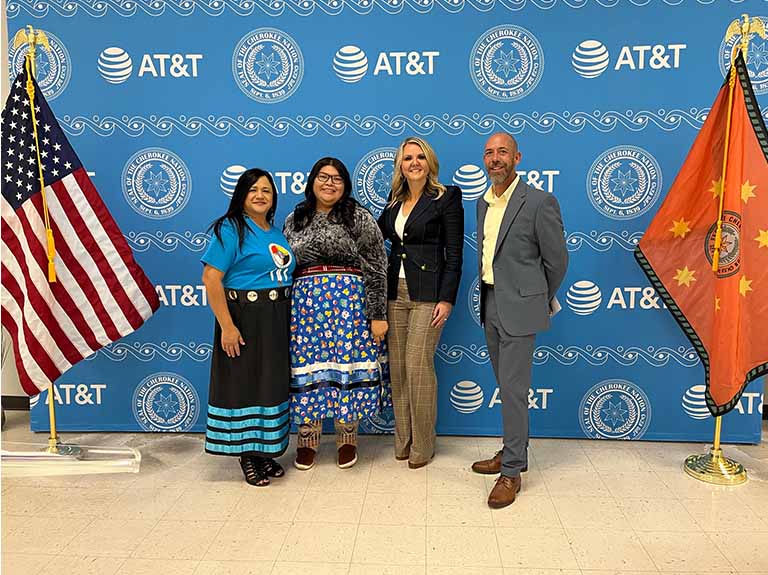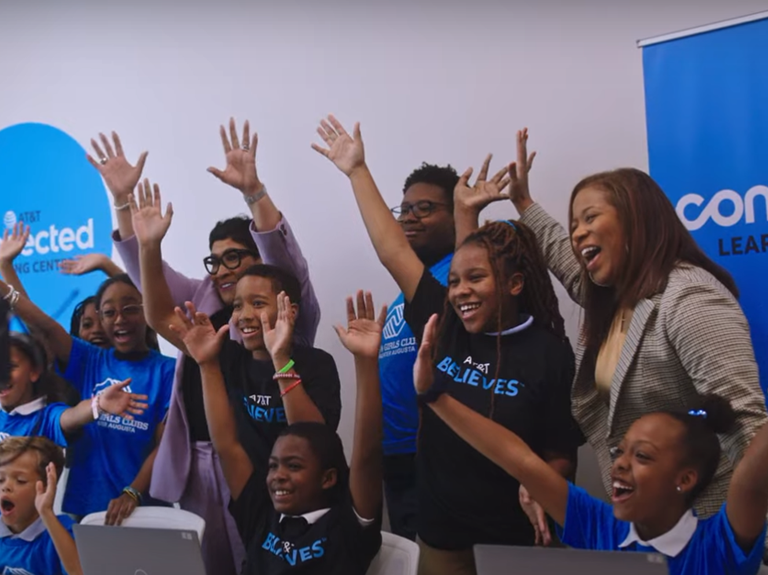Times are a changing. I have been pleasantly surprised to see Native American Land Acknowledgements become more common in mainstream events recently. From the Academy Awards earlier this year, to the Toronto School System, this tradition by many Native American communities, recognizes Indigenous Peoples as traditional stewards of this land by conducting a Land Acknowledgement at the beginning of important gatherings.
Here is a very general version:
“Let us pause for a moment to acknowledge the traditional stewards of the lands that we now reside on, and especially their ancestors, descendants, and all Indigenous Peoples who live now and have ever lived in our regions of Turtle Island.”
You see, each day, we live and work on land that was cared for by the original inhabitants – people who knew the rhythm of the earth, the cycles of the moon, when and what to plant. Land Acknowledgements play a critical role in the reconciliation between Native American communities and the residents that now reside on these lands. It also serves as a correction to the record and a recognition of the presence, and contributions of Native communities. Which is why I was also so appreciative to see a Land Acknowledgement video played at the start of AT&T’s 2021 Employee Group Conference.
These words, coming from my colleagues, have great meaning to me and many Native communities.
However, we also recognize it is a remote possibility that Native Americans will ever have their lands returned to them; reconciliation is our only hope to begin the healing. Reconciliation can begin with the simple practice of acknowledging that the Indigenous Peoples before us were the caretakers of the land and is a traditional pre-colonial practice of respect.
With anything so personal and significant, we ask that it be done with good intentions. Natives and non-Natives alike can show respect by simply acknowledging the people that came before you and, in many places, native cultures are thriving.
As we recognize Native American Heritage Month, I encourage you to research the names and places throughout your city that are of Native American origin. I live in Florida, in the city of Nokomis. The name nookomis just means "grandmother" in Ojibwe. But Nokomis is also the wise old grandmother of Wenabozho, a prominent hero in Anishinabe culture. I hope this sparks curiosity to learn more about land names and their meanings.
We may find that we are not that different from the previous inhabitants of our region and with enlightened eyes see the influences of Indigenous culture in the world we live in now. Let’s go out and celebrate the rich history that is available and grow from this knowledge so we may take better care of our Mother Earth and each other.
MitaKuye Oyasin”
(We Are All Related)


